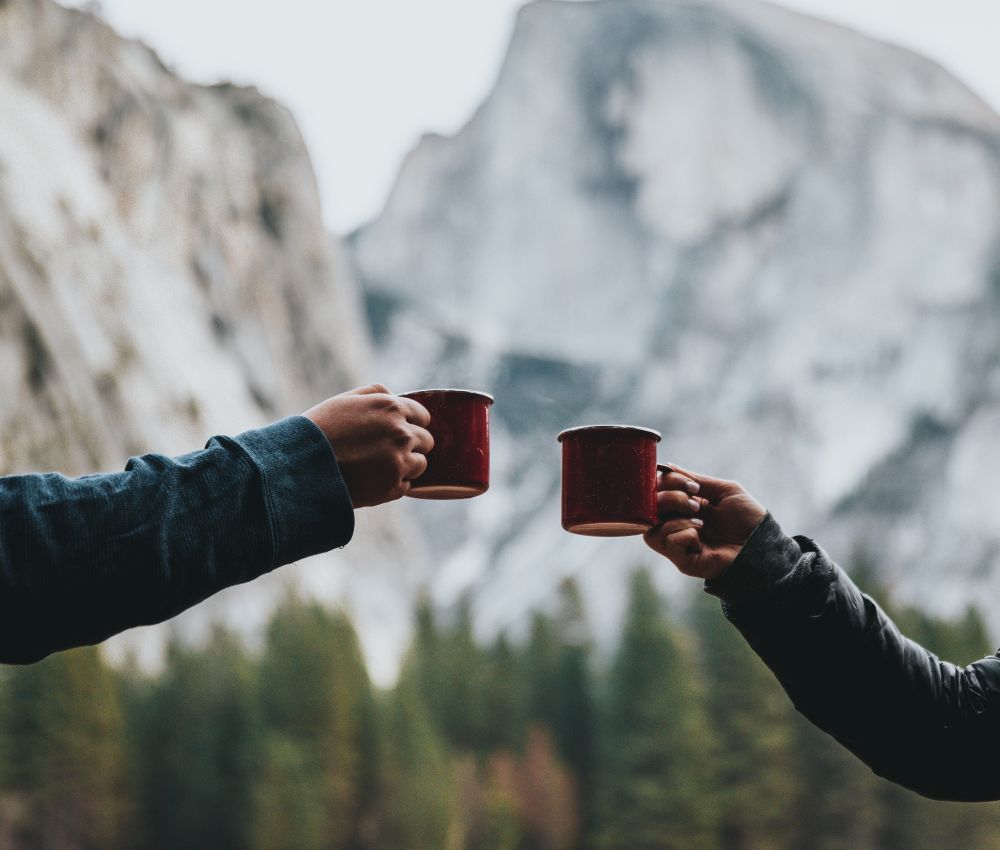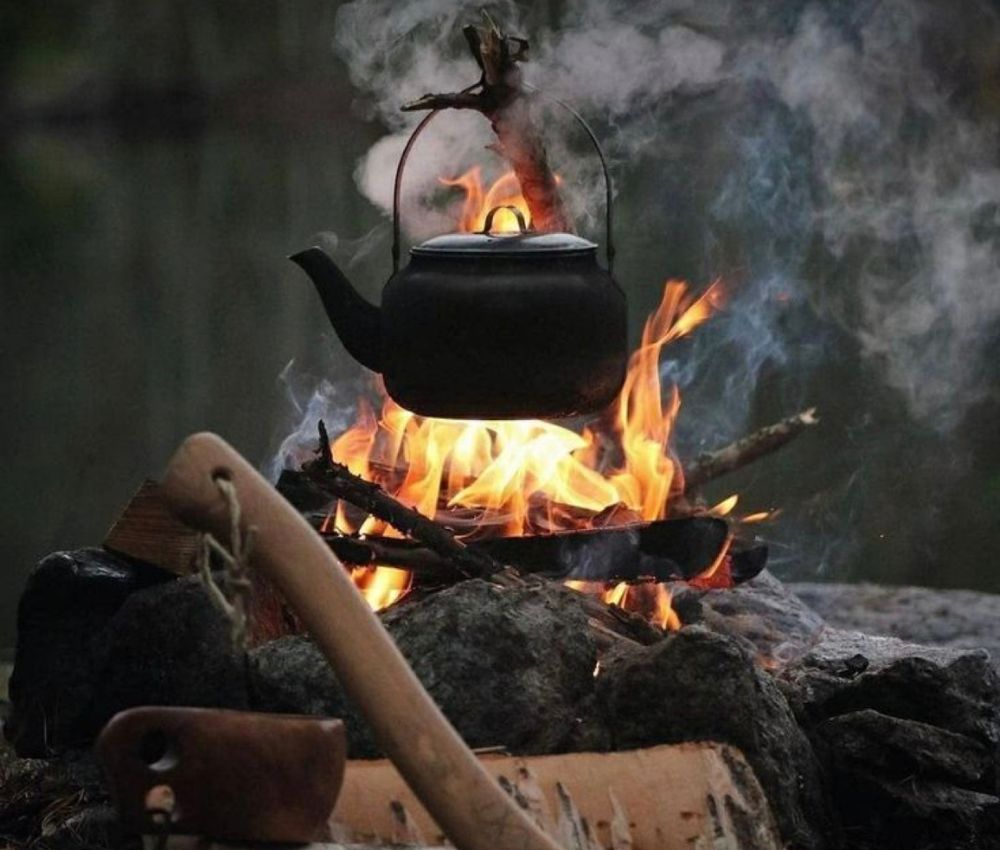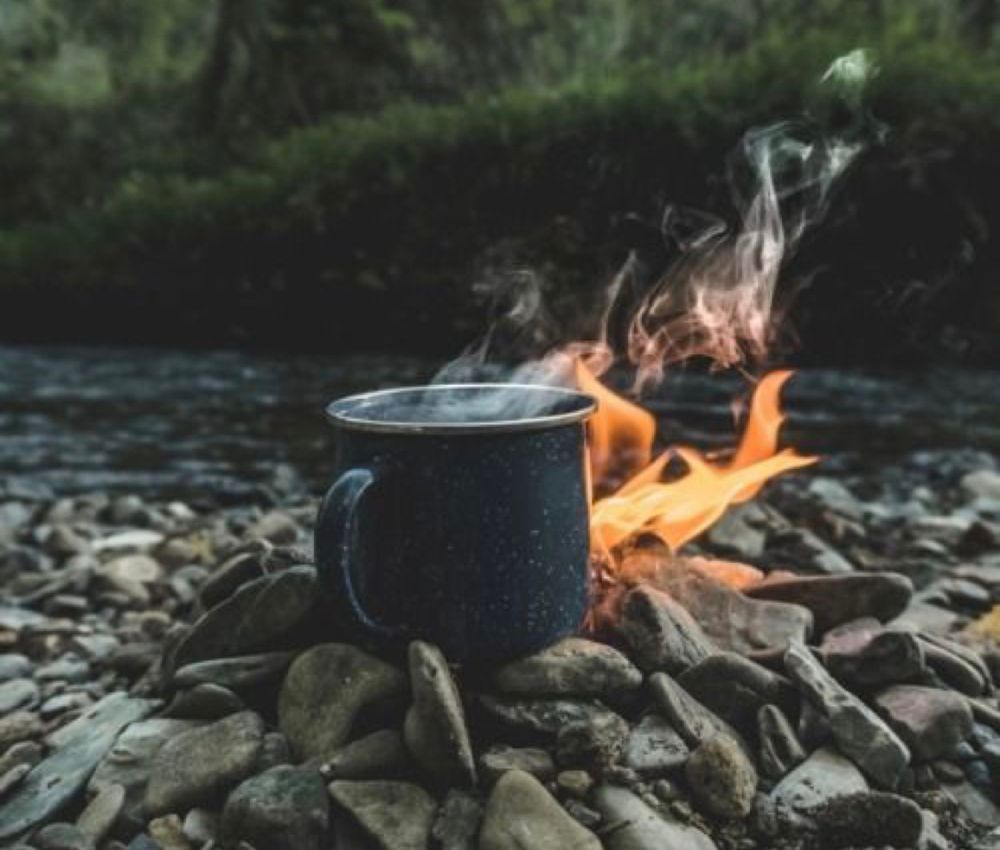Neoliberalism, Basic Maths, and Two Worlds: What We’re Missing
Tēnā koutou, welcome to our weekly newsletter where we reflect on last week's Cups of Tea kōrero. We offer a welcoming space for you to pop in and out of and share in ideas about systems, cultures, communities and ways of doing and being.
Neoliberalism and Basic Mathematics
Last week's conversation started with a return to the topic of neoliberalism with one guest opening the conversation by saying “I was reading the [newsletter] from from last week on neoliberalism and …I think it is basic mathematics and that's always what frustrates me…the neoliberal lie… says we're all equal, and if we only try hard, we can all succeed… [neoliberalism] forgets there's one factory owner and lots of workers”
They highlighted the concept under this social structure that we can't all be ‘factory owners’, the system only works with many working class and few wealthy people. Our guest further pointed out that hard work does not guarantee success, yet that was the messaging growing up in a neoliberal society “if you only work hard, you'll get [success], and you go well, the system's not actually sorted like that.”
Historical Reflections and Industrial Revolution
Another community member gave us the analogy of the chalice and the sword “12,000 years ago, we were a chalice based world… [where] we worship the Goddess, we're making all things communal, and figuring out the hard work of how we do things communally. This was compared to the development of the sword which was then used to cut others down. They drew the parallel between this analogy and economics saying there is the pervasive view that “there's the person in the hierarchy that's above me, and they have some sort of privilege, and we can't all be that person. We actually can all be that person. But what we don’t remember is the tools to talk to each other in an egalitarian way. We default to the hierarchy.”
Another Walk Together member reflected on human culture over time “how much we've altered over time, and yet how little time we've actually been altering when you come down to it. You know, if we talk 500 million years, it's bugger all. And yet, 12,000 years is a lot of time for someone who's thinking about his or her own lifetime.”
A further development of this thought was how cultures change with historical events where one of our regular contributors raised the effects of the industrial revolution on what we spend our time doing in some societies “The North of England was a kind of crucible of the Industrial Revolution and the key tenant was, machines are going to make things easier, so the working class people will have time for poetry, for nature, for arts and craft and live a wonderful kind of utopian lifestyle. But then somebody went, hang on a minute, but then we're not making as much money out of them.” This was linked back to the need for profit for capitalism to be sustainable.
Capitalism, Power Systems and Agitation
One guest reflected on neoliberalism and their experience in the “housing sector from a social impact social wellbeing space” and noted “the decline of housing equality and the increase in poverty and housing prices..it's not just correlation, it's straight up causation”
Another member’s statement aligned with this reiterating; “it's purposeful in the way that capitalism hand in hand with neoliberalism really does support those hierarchies where very few percentage actually benefit of the exploitation of others”
The effects of this economic system on our society was observed by one of our participants saying “these kind of systems that are put upon us, and we are part of them, also are designed to make us feel powerless and feel that we don't have value if we don't have a large financial amount of money”
Happily, the conversation turned to what we could do to create change with a guest saying that change is “near impossible within that frame of system… without having some fundamental shifts in the way we lead…[and] where the leadership and control or decision making powers [sits].”
One of our Walk Together kaimahi reflected on the whakaaro-ideas being discussed on our System Navigators Leadership program about what changes are possible saying “we were kind of thinking about how can we, in our mahi-work create a systemic agitation, or systemic shifts that could make things a little bit better… because when we think of it in a macro sense, it gets quite overwhelming”
Beyond Capitalism
Looking beyond finances, our attention was brought to the idea that “the economy is only one part of the capital of what we have. We have social, environmental, cultural, and other capital as well… the people that often I've met in life, who have had the least financial capital have been the richest and wealthiest people that I've known, they've been the kindest, most generous and embedded in their community…that's my dream, is that people start to see themselves outside the financial system and actually recognise the value and the wealth that they have”
One of our Walk Together founders supported this idea saying “what you said was very accurate and very timely, that there are ways of being able to as an individual even if you don't give up capitalism, you can look outside it and see what else there is in the world. What frightens me is when capitalism becomes the only thing that people are looking at.”
Two Worlds and Cultural Differences
One of our Walk Together leaders shared a story of working in remote Australia in an aboriginal school and highlighted the Two Worlds concept when it came to attitudes towards currency “we spent a lot of time creating the system of exchange and then what was happening was the kids were putting their [currency] together to get a bigger item, and then the teachers would be like, you're not allowed to share your money…it was putting those two worlds, side by side, and looking at the value system.” This was an example of two cultures coming together and after some initial differences, working in a mutual way for the benefit of the students.
Another school based example highlighted the way we can be blind to the dominant culture we are living in, and through our actions, cause conflict. A school was “trying to teach people about people living in poverty. I hate that term, but that was their term. And so they said, ‘you can only eat rice for the day’.” For some cultures the foundation of their diet is rice. It was shared that for one mum and her daughter this decision by the school was unhelpful as it projected that poverty is associated with eating rice which was the foundation of their diet.
The concept of Two worlds was also discussed in the context of traveling and living overseas. More specifically there was an observation that if you travel it does not necessarily mean you are open to intercultural understanding of other cultures “the cliche is that travel broadens the mind…but if you travel with a narrow focus, it will never, you will never get that broad if you're not willing to open up…it will still be a fairly narrow focus until we can actually see see other perspectives and understand where our perspectives have come from as well”
Another contributed “I think that repositioning of yourself is really important, especially when you're in other people's homelands. But yeah, like you said, when you travel, actually having an open mind, because I, from what I observed, a lot of people traveled [abroard], but expected the comforts of home.”
A story was shared about doing business overseas “that's where Two Worlds is good. It's helpful to be in two worlds, but going right into that world is another step… my expectations of how things are done back in New Zealand just don't work over here, it’s just different” . They reflected on working with local people and aligning with local lore and values “I haven't felt ever that I've had to compromise my own cultural values”
This Cuppa session was stimulating and touched on some quite complex topics with a variety of opinions and shared humanity. We thank all our guests for contributing to the conversation and invite you to continue the conversation in our Circle community here. Please feel free to join us for another worthwhile discussion every Friday at 11am. Register here whānau.


